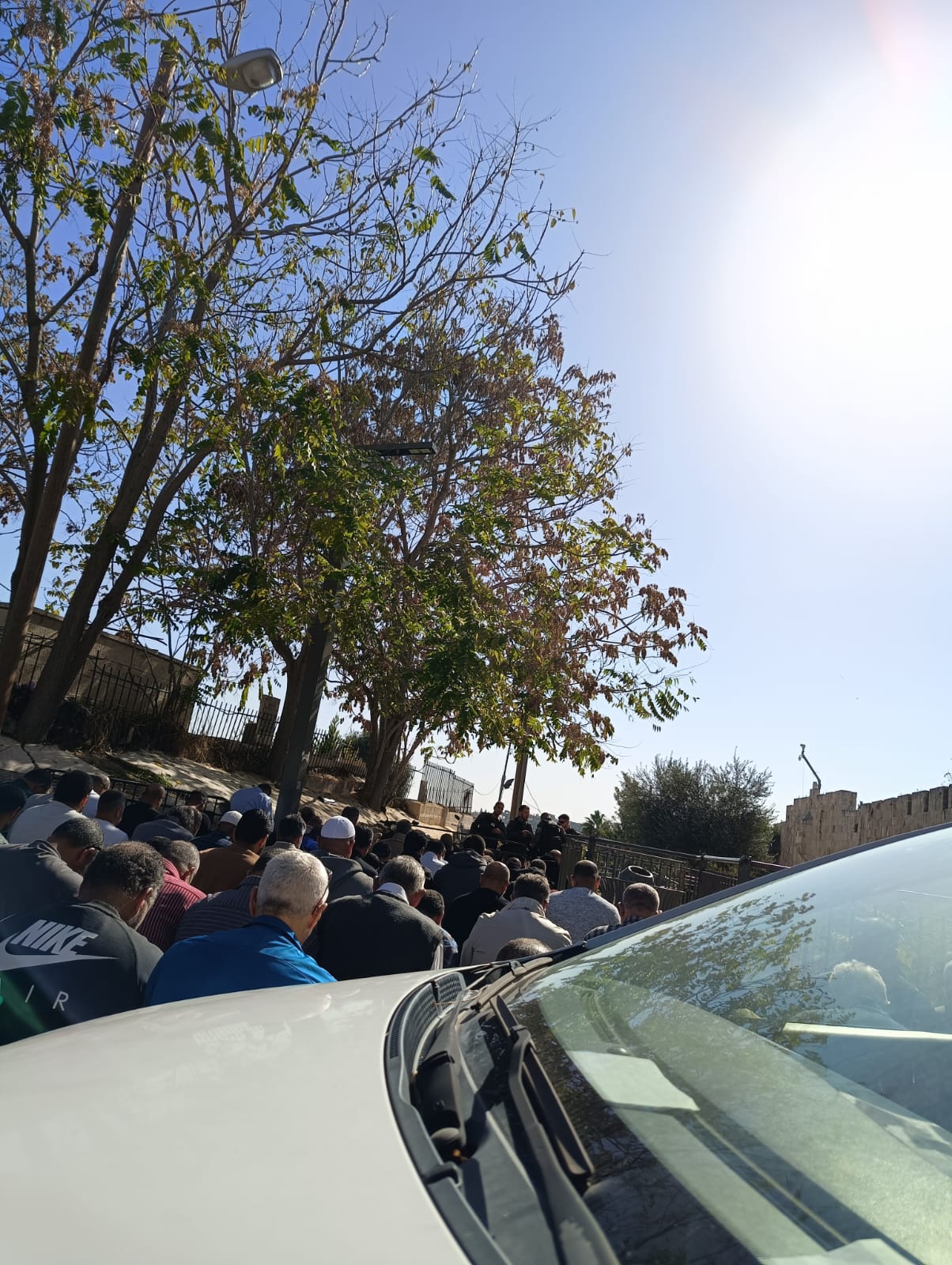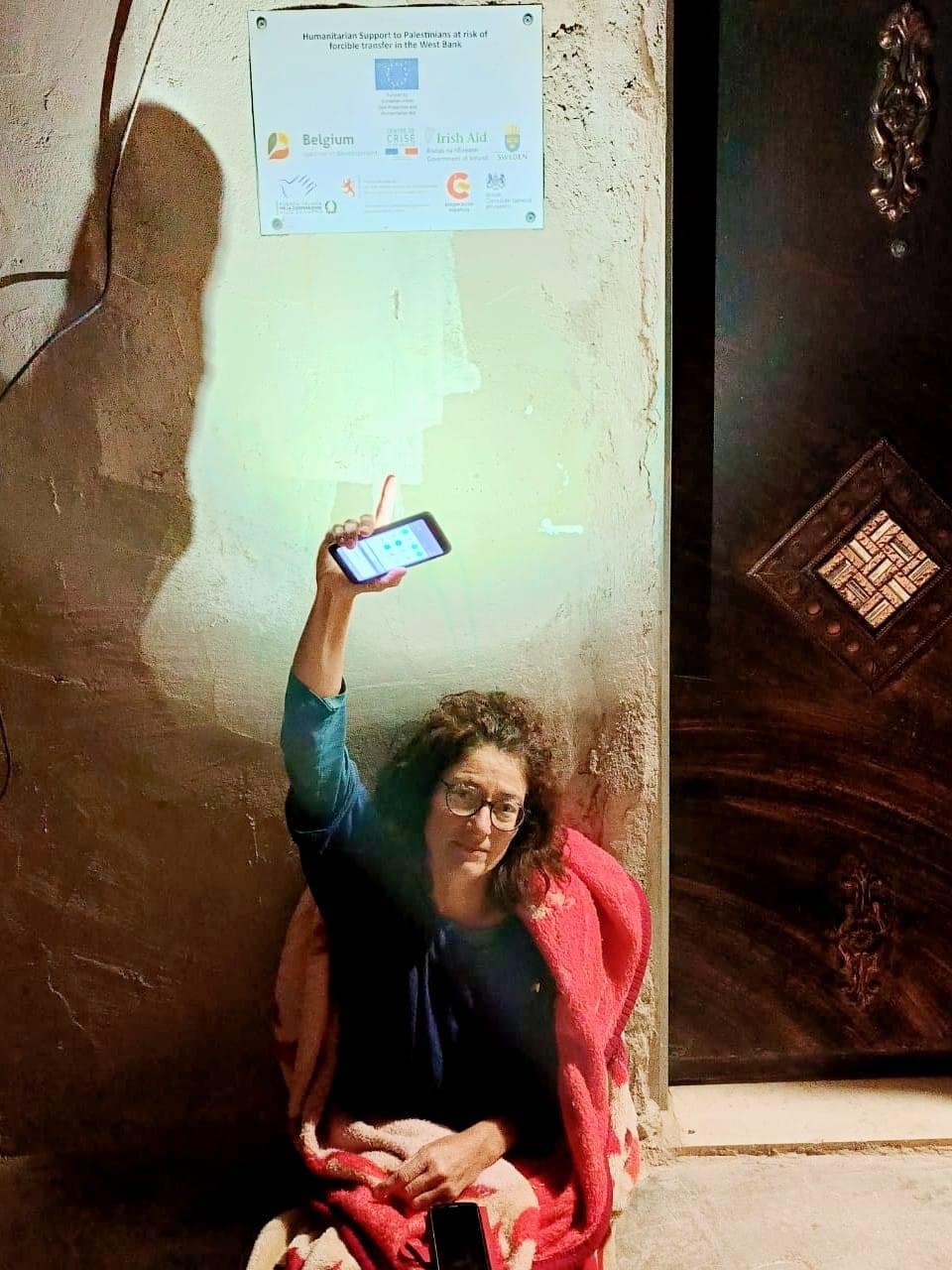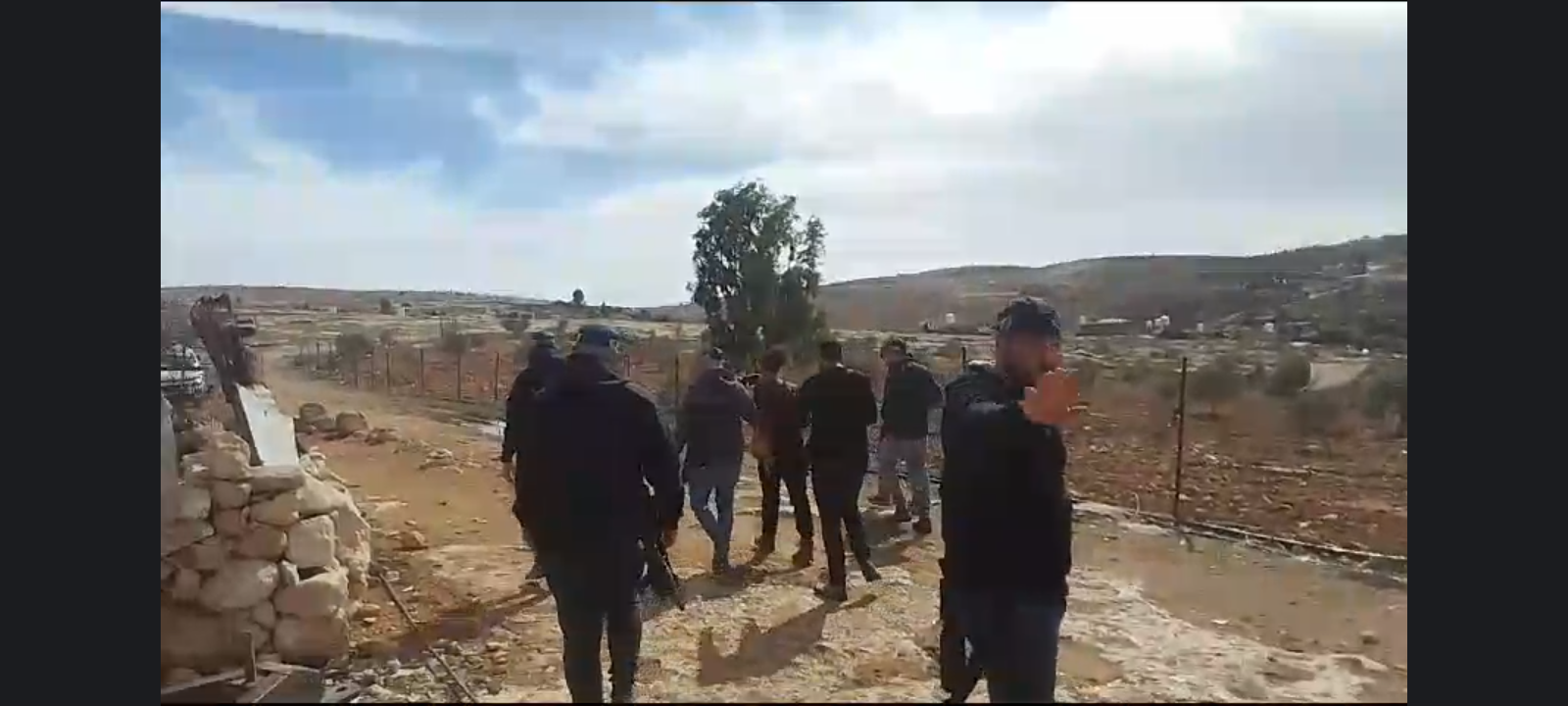Tag: House Demolition
-

A Prayer Against An Army
Palestinians: men, women, youth, and elders, walk miles attempting to reach Al Aqsa Mosque, trying every gate. Each path is blocked by Israeli guns and barricades.
-

Human Rights Defender Accused of Supporting Terror
Alison Russell, a Scottish-born Belgian citizen and Human Rights Defender, was detained by the Israeli occupation authorities while documenting the demolition of a house in Masafer Yatta, in the South Hebron Hills of the occupied West Bank. She was deported after very perfunctory proceedings at the Jerusalem Magistrate’s Court.
-

International Human Rights Monitor Arrested During Destruction of Palestinian Home
Today, on November 22nd, 2023 early in the morning, Israeli occupation forces bulldozed a family home in Sha’ab Al-Butum in the Yatta region of the occupied West Bank which has seen soaring levels of extremist settler and IOF violence against Palestinians and human rights defenders.
